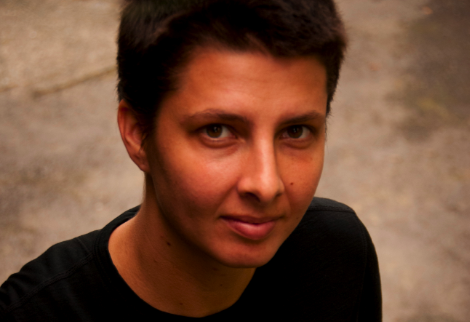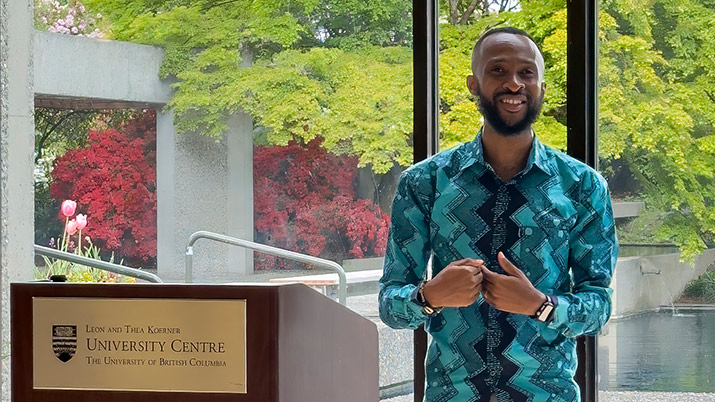

Dawn Paley worked as a freelance journalist before starting her masters degree at the UBC School of Journalism. As a freelancer, much of her work focused on Canadian mining companies that operate in South America.
“In some of these countries where these mining companies are really active, the drug war is also taking place,” says Paley. “I just started realizing that all of these struggles are connected and one of the connecting threads is state violence.
Paley says she realized her work was just a fragment of a larger story. So when she graduated from UBC Journalism in 2010 she began her work on her book “Drug War Capitalism,” which was released last month.
UBC Journalism spoke with Paley about her book, journalism school and what’s next.
What do you hope people will take away from “Drug War Capitalism”?
I hope people begin to understand or continue to deepen their understanding of how the drug war is political – how it is not primarily about cocaine or controlled substances. And how there are entire sectors like the transnational corporate sector – mining companies, oil companies, industrial farming companies, assembly plants, electronics companies etc. – that are actually benefiting from the terror and from the changes that are taking place in tandem with the drug war.
How did your time at UBC Journalism inform your writing?
Journalism school provided me with some practical advice and working with David Beers helped improve my work dramatically. Also, it was only after writing my final project that I felt capable of taking the next step and beginning working on a book length project.
How does your book add to the media discourse around the drug war?
I am trying to duck the official line. I read the mainstream media about Mexico, but it’s generally not very helpful for understanding what is actually happening on the ground. I know that because I’ve been on the ground and spent a significant amount of time in conflict zones. I know that what I read in the mainstream media about this place does not reflect the reality on the ground. The book is an effort to bring to the fore the voices of people who are living in places where they’re facing this kind of violence, the voices of survivors, the voices of families and friends of victims. I combine that with pretty heavy documentary research.
Given the protests currently happening in Mexico, how do you think your book will be received?
I feel like it is a really important time for a book like this to come out. Certainly the events that I’ve done, the people who have come out have been really excited about the project. I consider the book to be a preliminary step. There isn’t a lot of existing writing and research looking at the drug war and capitalism more broadly. I hope that it inspires more people to do writing and media projects that are critical of the official line on the drug war.
What’s next?
I’ve started a PhD at the Autonomous University of Puebla in Mexico, and have already started working on my next book, looking at clandestine mass graves and the war on drugs in Mexico.


